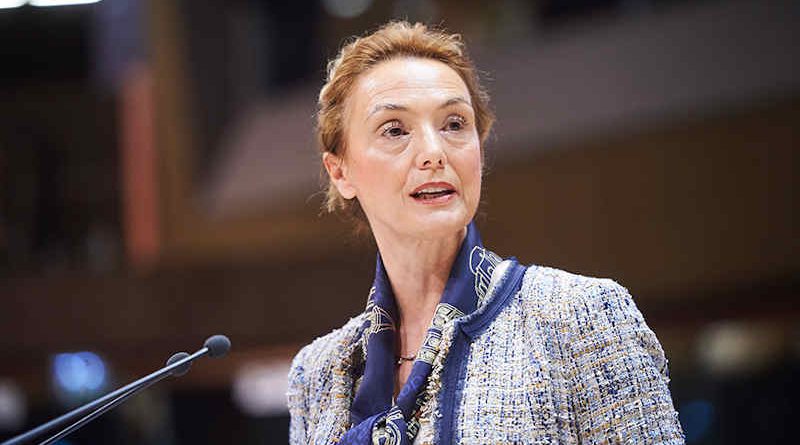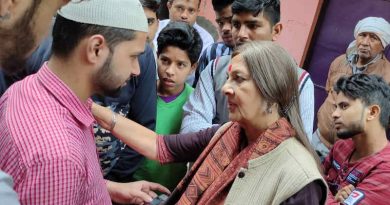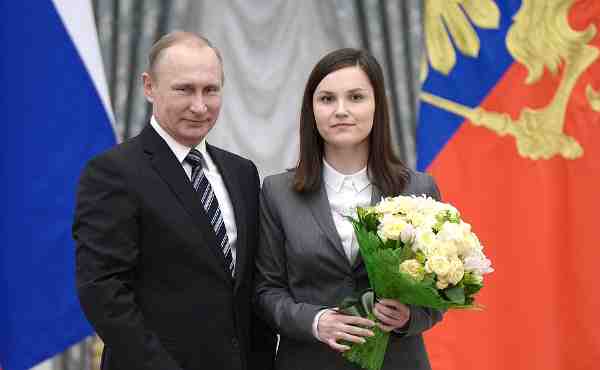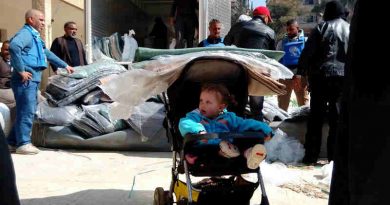Europe Urges Russia to Implement Human Rights Judgments

Europe Urges Russia to Implement Human Rights Judgments
There are currently 2,227 cases under the supervision of the Committee of Ministers, pending full implementation by the Russian authorities.
Human Rights in Russia
What human rights has Russia violated?
Does Russia follow the Universal Declaration of human rights?
Does Russia have freedom of speech?
Do Russians have freedom to protest?
The Secretary General of the Council of Europe, Marija Pejčinović Burić, has written to Russian Foreign Minister Sergey Lavrov urging the Russian Federation to implement outstanding judgments from the European Court of Human Rights (ECHR).
At its latest quarterly meeting on the execution of ECHR judgments, the Council of Europe’s Committee of Ministers also decided to implement a new strategy on its supervision of cases concerning Russia.
The Russian Federation was excluded from the Council of Europe on 16 March 2022. However, Russia is still required to implement judgments of the European Court related to its actions and omissions up until 16 September 2022.
According to a Council of Europe statement released on 12 December, the European Court has continued delivering judgments concerning Russia, and the Committee of Ministers continues to supervise their implementation.
At its recent meeting, the Committee deeply deplored that Russia has ceased all communication with the Council of Europe concerning the execution of judgments since 3 March.
There are currently 2,227 cases under the supervision of the Committee of Ministers, pending full implementation by the Russian authorities. Since February 2022, three Russian cases have been closed.
Information is currently awaited on the payment of just satisfaction in 1,874 cases. As of 8 November 2022, the outstanding amount stood at over 2 billion euros, including roughly 1.87 billion euros in the case of OAO Neftyanaya Kompaniya Yukos, as well as 10 million euros of just satisfaction and the default interest of roughly 1.2 million euros due in the Georgia v Russia (I) case.
A number of decisions and Interim Resolutions were adopted on specific Russian cases at the latest meeting:
In the Navalnyy and Ofitserov group, the Committee deeply deplored that Alexei Navalny still remains in detention under harsh conditions and called for his release without delay;
In the Catan and Others and Mozer groups, concerning the Transnistrian region of the Republic of Moldova, the Committee deeply deplored the Russian authorities’ continued failure to execute the judgments and exhorted them to start doing this and to rapidly pay the sums awarded by the Court;
In the cases of Jehovah’s Witnesses of Moscow and Others and Krupko and Others, the Committee urged the authorities to reverse the ban imposed on the activities of all Jehovah’s Witnesses organizations and to discontinue all criminal proceedings against them;
In the Volodina group, concerning the failure to protect women from domestic violence, the Committee urged the authorities to introduce proper criminal sanctions for domestic violence and to ensure the adequate protection of victims.
Georgia v. Russia (I) concerning the arrest, detention and collective expulsion of Georgian nationals in 2006-2007 and Georgia v. Russia (II) concerning the armed conflict in Georgia in 2008.






